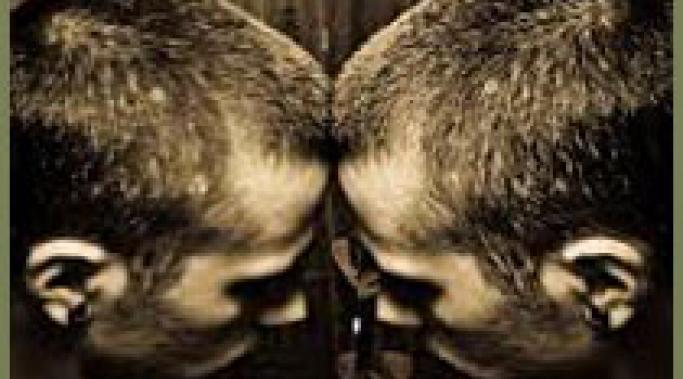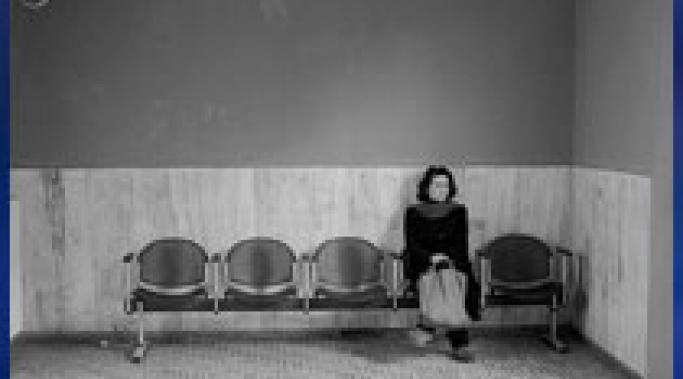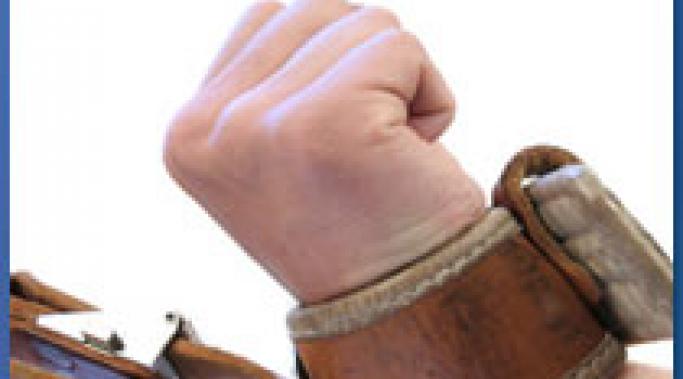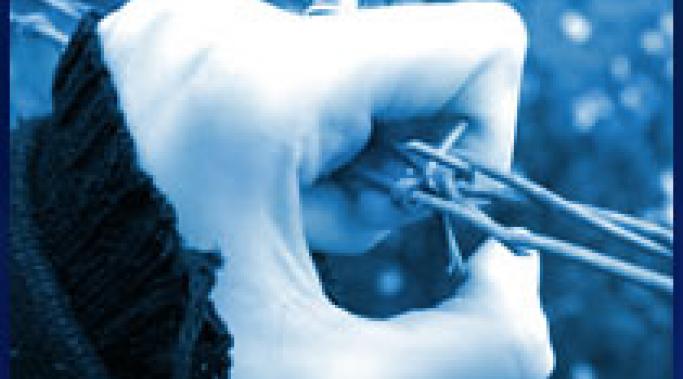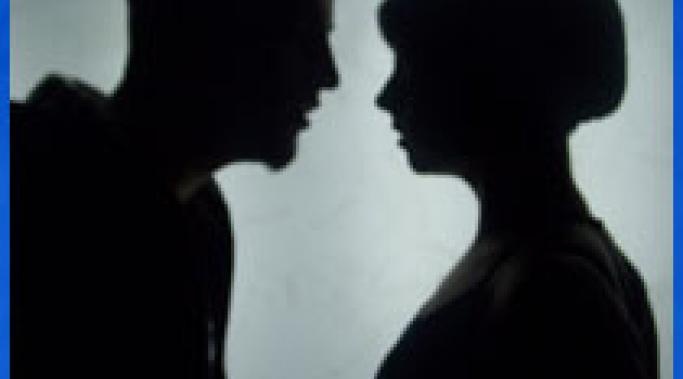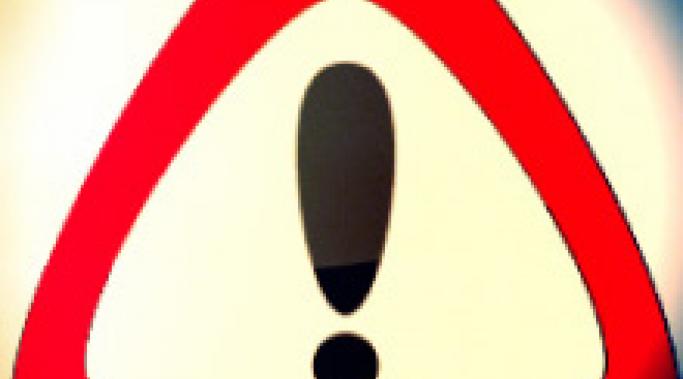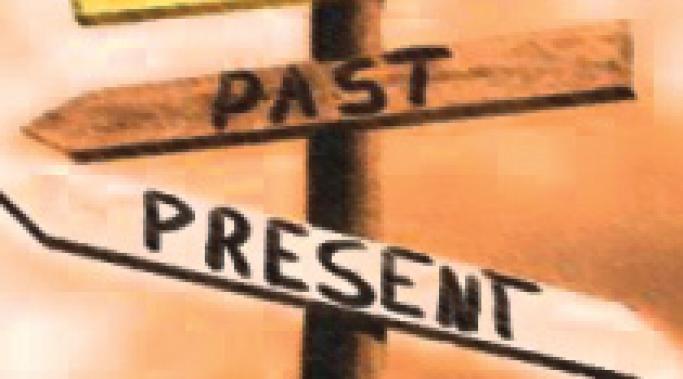Sometimes we may feel like therapy is impossible. But is the problem in our perception of the task at hand? More Than Borderline's Becky Oberg talks about how working in therapy can be like pushing a boulder.
More than Borderline
Today, at AA, we were reading a story from the Big Book. The part that jumped out to me was this:
"It was here that I realized for the first time that as a practicing alcoholic, I had no rights. Society can do anything it chooses to do with me when I am drunk, and I can't lift a finger to stop it, for I forfeit my rights through the simple expedient of becoming a menace to myself and to the people around me."
It made me think about AA sayings that apply to people with borderline personality disorder (BPD).
When Delay is Deadly
When I was kicked out of the Army due to my mental illness, they gave me a 30-day supply of medication, a list of mental health services in Indianapolis and a "good luck, ex-soldier Oberg". Unfortunately, it was going to take three months to get in to see a psychiatrist. I've since found that other people have the same problem--it's so common that CrisisChat.org has an article about what to do while waiting for mental health services in their mental health library.
If it had been just me, I probably could have ignored it. But it wasn't just me. During one of my many psychiatric hospitalizations, I observed what I believed was a systematic pattern of abuse of restraints. Patients were often restrained without the least restrictive means being tried and without a doctor's order or evaluation. They were often restrained for up to an hour, even if they were out of danger. I knew this was illegal. But how was I supposed to fight back?
I have a confession to make--I am almost incapable of calling a crisis hotline, no matter how bad I feel. I flip open my cell phone, stare at the screen, flip it shut, flip it open again, start to dial the number, stop and flip it shut, on it goes. It can take me up to half an hour to call a crisis hotline. I have no clue why I do this.
And I'm not the only person who does this. According to IMAlive.org, more than 30 percent of people who call a crisis hotline hang up as soon as they hear a voice. Maybe you're one of these people. Did you know you have the option to chat online about your problem?
Sometimes mental health professionals see a diagnosis of borderline personality disorder (BPD) and assume the person is faking his or her symptoms. This can lead to a number of negative reactions, ranging from discarding what the patient is saying to denial of medical care. More Than Borderline's Becky Oberg talks about this stigma and its consequences, as well as how to fight it.
It seems to make no sense. Why would any individual self-injure? Self-injury is so closely associated with borderline personality disorder (BPD) that some psychiatrists will make that diagnosis automatically if a patient self-injures. But why would someone self-injure? There are three main reasons: to punish themselves, to regulate their emotions, and to express their pain.
A chance meeting with the pastors of an Internet church resulted in me being given a book called "The Hallelujah Life" by Richard Propes, an Indianapolis-based children's advocate who has paraplegia and spinal bifida. While there is some triggering material in this book due to descriptions of the sexual abuse he survived and his suicidal episodes, this is a book I can not recommend strongly enough for people with borderline personality disorder (BPD). I learned much from this 117-page book of poetry and short stories, but perhaps the most important lesson was that abuse is confusing.
I have two mental health warning signs that alert me to psychiatric danger. Each one serves to warn me what type of danger I'll be in. Knowing these "early warning signs" is crucial to surviving my Borderline Personality Disorder diagnosis.
I recently received some bad news. My maternal grandmother's husband, who stepped in as a grandfather after mine died, was diagnosed with the early stages of Alzheimer's disease. This brings back bad memories for me, not only because my paternal grandfather had it and in his last days didn't know me, but also because when my maternal grandfather was diagnosed with cancer, my mother took on extra responsibilities. The problem is, she took the stress from this out on her kids and became emotionally abusive. I believe this is why I developed borderline personality disorder (BPD). So how am I to handle this?
